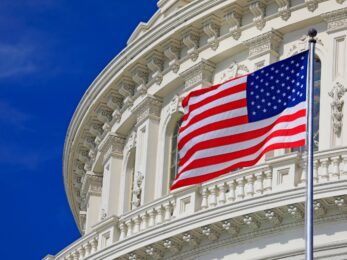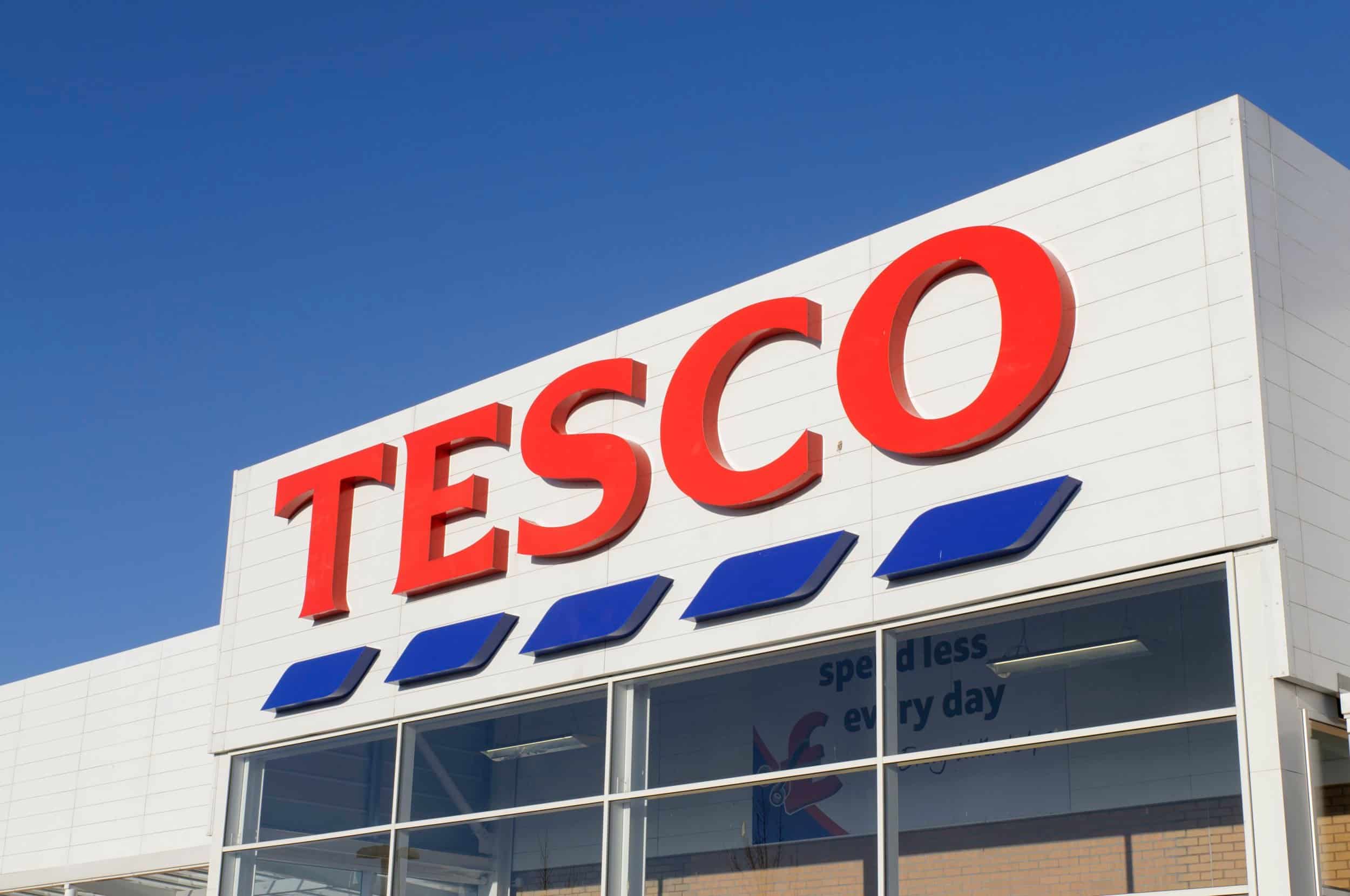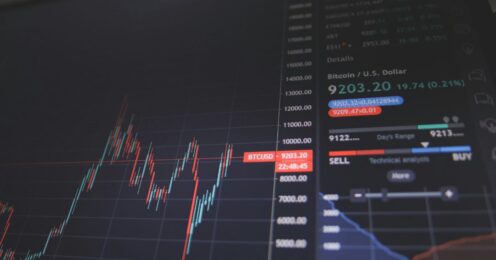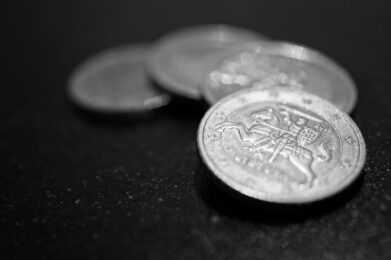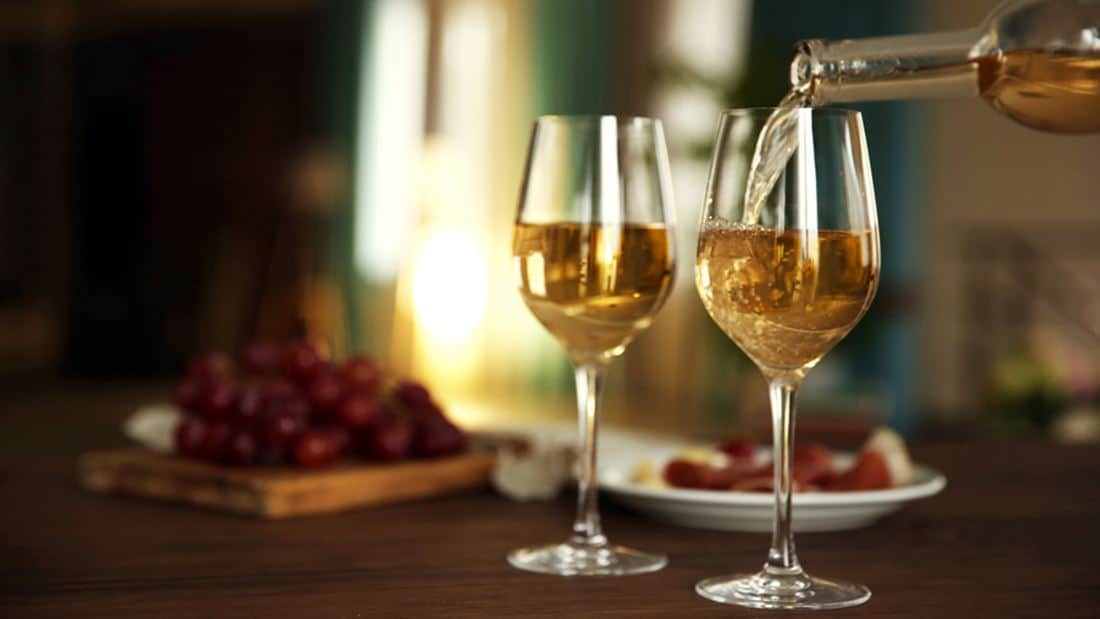
Investing In Wine – Exercise Caution Ahead
Among the myriad alternative investment products which have come to prominence since the onset of the global financial crisis made dangerous terrain of the traditional stocks and bonds markets, with everything from rare earth minerals to carbon credits getting a run, are wine investments.
But not just any old quaffable red – fine wines, those which would be expected to pass at some point under the nose of entrenched guru Robert Parker and his cohort of ‘wine advocates’ and which tend to carry labels from the great chateaux of Bordeaux or the Rhone Valley.
Wine investment – magnet for fraudsters
Copy link to sectionSadly, as with many investment products which suddenly become fashionable, fine wine has had its fair share of shonky operators pushing ‘wine investments’.
In April this year, for example, the BBC’s Money Box programme ran an expose on an outfit called Bordeaux UK Limited which had gone belly up owing its investors some £10 million. The liquidator, an insolvency specialist, reckoned that upwards of £100 million may have been lost investing in wine in over 50 dealer failures in the UK over the past four years.
And it’s not just the UK – in New Zealand in June, fine wine merchant Simon Mickleson was jailed for over two years for scamming his clients by faking vintages with doctored labels, taking cash for wine he didn’t have, and selling for thousands of pounds historic chateau cases he didn’t own.
So for anyone mulling over the option to invest in wine caution is very much advised. Indeed, the website investinginfinewines.co.uk – which reads exactly as you’d expect of a wine investment outfit’s domain but in fact is the face of the UK’s Wine & Spirit Trade Association (the WSTA) – counsels non-experts to stay out of the market.
But for those who think they know what they’re doing, the section ‘Don’t Be A Victim Of Fraud’ contains sage advice on scam-avoidance when investing in wine. Not the least of which is to buy from established and reputable merchants and to know what it is you’re buying.
And these days, more than at any time in the past, there’s little excuse for the ‘Sarah’s’ (‘not her real name’) of a BBC story – the well-off but gullible widow who sank £180,000 into seemingly non-existent fine wines ‘to get them off the phone’.
‘Them’ of course being the hard-sell people at Bordeaux UK Ltd (the name itself should have been a giveaway) who, having landed ‘Sarah’ a first time, kept nagging at her to come back for more – and more – vintage Bordeaux.
Fine wine index providing a degree of opacity
Copy link to sectionThese days – indeed since 1999 – there’s been a working exchange for fine wines, a venue for buying and selling amongst established wine merchants and other commercial interests and which is thus able to provide timely information on the value of any given vintage of any given wine.
For a fee of course. But Liv-ex – based in London and claiming to account for ‘80% of global fine wine turnover’ – has become a recognised pricing reference for a multitude of wines from France and elsewhere in the world. Its ‘Liv-ex 100 Fine Wine Index’ – tracking the pricing of 100 of the world’s most traded wines – brings a degree of integrity to the values of wine investments which hitherto were notoriously opaque.
For fine wine is not like gold, or platinum, or corn for that matter – where one quantity is or certainly should be the same as any other for valuation purposes. That is to say, fine wines are not fungible.
To the connoisseur, Château de St.-Cosme Gigondas Valbelle 2009 and Alain Graillot Crozes-Hermitage La Guiraude 2009 – both varietal reds from the Rhone Valley – have as much in common as a fish and a bicycle. Incidentally, they were 10th and ninth respectively in the Wine Spectator’s ‘Top 100’ ratings for 2011.
Having said that, it is possible to buy fine wine ‘futures’. Indeed, the forward financing of a future vintage is a long-established commercial practice in the wine industry and since 1970 or thereabouts it’s been available to the private investor as a mechanism to invest in wine also.
Known as ‘en primeur’, the mechanism provides for a winery – typically a French chateau – to sell freshly-produced wine from the barrel, perhaps one to two years before the vintage has been bottled, to generate a cash-flow benefit and to allow investors to take a punt on a rise in the value of the vintage once in the bottle and out in the marketplace.
There’s a warning here though on the WSTA website. “Do not buy en primeur in advance of the prices being published”, they counsel, explaining that, “Reliable traders will not try to sell you en primeur before the producers have announced their release prices.”
As yet, there is no regulation to protect anyone investing in wine – certainly not in the United Kingdom. Perhaps this is as it should be – there is only so far that we should take the ‘nanny state’, surely, and arguably the buying and selling of fine wine is something which ought to be beyond its purview.
But no – it seems that regulation of sorts may be on the horizon. At least it’s on the regulatory radar. In its brochure ‘Investment Scams’, the FSA – Financial Services Authority – says this of fine wine investments:
Of course, there is nothing illegal about the vendor of some good trying to persuade a customer to buy more of it than he or she intended – it happens every day in every shop in the country. Or with the idea of wine purchased being stored remotely at some location in the buyer’s name – assuming of course it actually happens.
It really is only because shysters have found their way into this particular product – fine wine – that the FSA has felt obliged to add it to its scam list. And the shysters are in the market because the cachet of fine wine – and its longevity relative to other food products – has attracted naive would-be investors.
Fine Wine – investment product or indulgence?
Copy link to sectionThat mention of wine as a food product is – or ought to be – a major factor for anyone reading this article and thinking to invest in wine. Because ultimately, the very great bulk of wine produced at the world’s finest wineries is consumed.
That after all is the whole point of wine. And once drunk, there is obviously no longer any investment value. Except of course as a curiosity – such as rare bottles of wine from a bygone age which turn up in auction-houses because of some history, perhaps a famous owner, attached to that particular bottle. But that is not to invest in wine, that’s curio investment.
So, getting back to the ‘food product’ point, you may invest today in, let’s say, a half-case of 2011 Ch. Mouton-Rothschild, Pauillac – an exceptionally drinkable cab/sav which Berry Bros. & Rudd (est. 1698) will be delighted to sell you en primeur for £1,899 (that’s £316.50 a bottle) – in the belief that its value can only rise. It may well do so – Chateau Mouton-Rothschild offerings often do that – but only to a certain point in the future.
Beyond that ‘use-by’ date – the point at which the Robert Parkers of the wine world think that particular wine should optimally be consumed – its value will start to fall. And quite possibly very quickly.
This ‘drinking window’ differs from wine to wine – at least, according to the experts. It may be less than a decade after bottling or some much longer period, in some cases up to 50 years. And this is a big – actually the biggest – part of the gamble related to wine investment.
How to know whether the asking price of a particular vintage purchased today will allow for a return on the investment at some future time? And not just any old return – if you’re going into fine wine investment, you are, or should be, going after very solid returns, to compensate you for the very significant risk you’ll be taking.
It’s plain as day that uninformed investors – the ‘Sarah’s’ of this world – who blunder into wine investment because of their cachet are very likely to end up with burnt fingers, the best efforts of the FSA notwithstanding. Not necessarily – or even at all – because it was a phantom investment run out of a garage in Wapping. But because it was the wrong wine, or the right wine but the wrong time.
Of course there is no shortage of experts out there who’ll be more than happy to share their expertise with you – perhaps even to allow you to pay them to do so – but if they’re honest with you, they’ll not try to claim omniscience in picking the future value of any given fine wine. Ultimately that’s for you, the punter, to decide.
If that doesn’t sound like your kind of investment product, go with your gut and put your money somewhere else, confining your interest in fine wines purely to the consumption of them – one of the world’s great pleasures still.
More industry news
